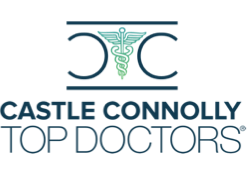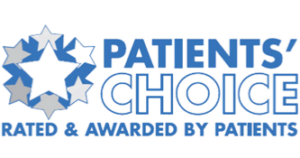 As doctors work to elevate the standard of medical care, more and more we’re hearing about personalized medicine as a treatment option– the emerging practice that uses an individual’s genetic profile to guide decisions made in regard to the prevention, diagnosis, and treatment of disease. This is because treatment options simply aren’t one size fits all. Patients are looking for solutions that work best for their bodies, but treatment plans are often prescribed based on the success in a larger test group. People with the same disease who are treated with the same medicine often have different responses.
As doctors work to elevate the standard of medical care, more and more we’re hearing about personalized medicine as a treatment option– the emerging practice that uses an individual’s genetic profile to guide decisions made in regard to the prevention, diagnosis, and treatment of disease. This is because treatment options simply aren’t one size fits all. Patients are looking for solutions that work best for their bodies, but treatment plans are often prescribed based on the success in a larger test group. People with the same disease who are treated with the same medicine often have different responses.
According to a recent survey, 98% of those polled would want to know if their genetic makeup indicated an increased risk for life-threatening diseases. Most recently (and most famously), Angelina Jolie proactively chose to avert her chances for breast cancer by undergoing a double mastectomy surgery after test results showed she carried BRCA1, the same genetic marker for breast cancer that her mother, who died from the disease, carried.
In addition to acting as a preventative measure, personalized medicine could also be a solution to improve adherence to prescribed medical treatments. A recent Forbes article reported that non-adherence (patients who choose not to take their medical professional’s advice) is costing the U.S. $290 billion in health care spending. Providing patients with treatments that speak personally to their needs may help alleviate this problem: personalized medicine is beginning to help find the proper dosage and strength of drugs for chronic pain sufferers or mental health patients.
Though we are seeing personalized medical treatments becoming more popular, the practice is still in its infancy. Doctors may be starting to scan patients’ single genes and even whole genomes to prescribe the right treatment for each individual patient, but uncertainties of personalized medical outcomes are still great.
Would you experiment in personalized medicine? Share your thoughts on our Facebook page.









